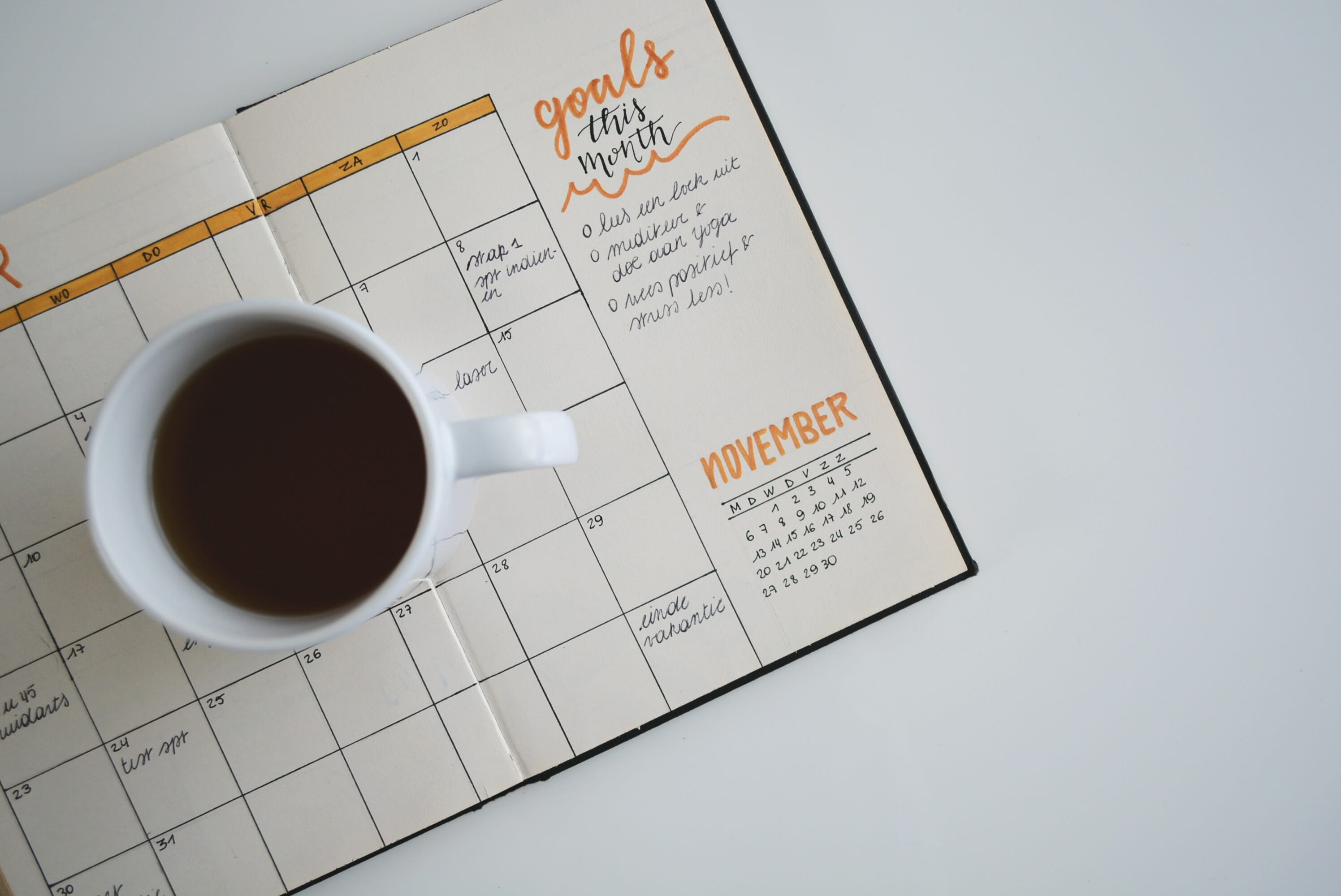I love reading about other writers’ routines: Ernest Hemingway wrote at dawn, Maya Angelou wrote out of a hotel room, Alice Munro writes for three hours and walks for three miles.
Freelancers also need routines — and because we have multiple demands on our time besides writing, we need our routines to be a little more specific than, to quote Hemingway, “write every morning as soon after first light as possible.”
When are you going to check email? When are you going to pitch? When are you going to silence your phone and work on your next assignment? If you have multiple assignments to complete, how much time will you assign to each one?
I’ve been a full-time freelance writer for six years, and having a daily routine — one that includes time for writing, rewriting, pitching and administrative work — has been one of the secrets of my success.
In fact, I’m pretty sure my routine has helped me earn more money. Here’s how.
1. A routine structures your day
One of the hardest parts of being a freelance writer is having to create your own structure.
If you don’t make time to send out pitches, you won’t book any work. If you don’t make time to complete the work, you won’t earn any money. If you don’t take time to do all of the administrative work associated with freelancing — following up with clients, keeping track of business expenses, maintaining a website — you won’t grow your career.
Turning my day into a daily routine helped me make time for all of the work that freelancing requires — and it also helped me avoid the decision fatigue that comes with asking yourself “what am I going to do today?” over and over again. I already know: I’m going to check the news, I’m going to check my email, I’m going to check social media and then I’m going to write for an hour. Knowing what you’re going to do every day helps you get it done.
2. A routine prevents procrastination
If you start writing every day at 9:30 a.m. (or at dawn, if you’re like Hemingway), you’ll get used to spending that time writing. You’ll be less tempted to spend it doing laundry or refreshing Twitter, because your mind and body already know that it’s writing time.
Building a routine is a great procrastination-buster, because you’ll be able to schedule time for social media and afternoon snacks and anything else you usually do instead of doing your work. If you spend a lot of time reading sites like The Write Life, for example, add 30 minutes of “reading time” into your routine — and then when “writing time” comes around again, you’ll be ready.

3. A routine keeps you balanced
I start every day with 45 minutes of yoga. I also take two 30-minute walk breaks: one after lunch, and one and at the end of my workday. (Alice Munro isn’t the only writer who loves long walks.)
These breaks are non-negotiable; I don’t have to “earn” them, but I don’t get to turn them into extra writing time, either.
Building yoga and walking into my routine helps me stay balanced. It also helps me feel like I’m able to handle multiple priorities: the work I owe my clients, and the breaks I owe myself. Most of us have multiple priorities, whether we’re balancing work/life, writing/family, or freelancing/day job. (Or all of the above!) Make sure your routine includes time for all of your priorities — otherwise, you risk burning out.
4. A routine sets limits
If your day includes 30 minutes of morning email, a writing block from 9:30 to noon, an hour for lunch, an administrative hour, and then a writing block from 2 to 5, you know you can only schedule as much writing as can be completed in those two blocks. Freelancers often have trouble knowing when to say no—an extra assignment, even if it’s a bad one, can bring in a few extra dollars, right?
Once you have a routine, you’ll know exactly how many writing hours you have per week — and once you know how long it takes you to complete a typical assignment, you’ll have a good idea of how many assignments you can accept. These types of limits help keep your freelance work from taking over your entire life.
5. A routine requires you to maximize your time — and your income
So you’ve built your routine, you have your daily writing blocks, and you know roughly how much work you can complete in a week. There’s one more step in the process: Maximizing your time by working for the highest possible rates.
This might mean using your administrative time to pitch higher-paying clients. It might mean re-negotiating rates with your current clients. It might even mean firing your lowest-paying client to make space for a better one.
Whatever you choose to do, let your routine be your guide. You know how much time you have available to write, so don’t sell yourself short — literally. Set your writing blocks, stick to them, and make sure you’re earning as much as possible. Then get ready to do the whole thing again tomorrow.
Do you have a daily routine? Has it helped you avoid procrastination, balance multiple priorities and earn more money?







